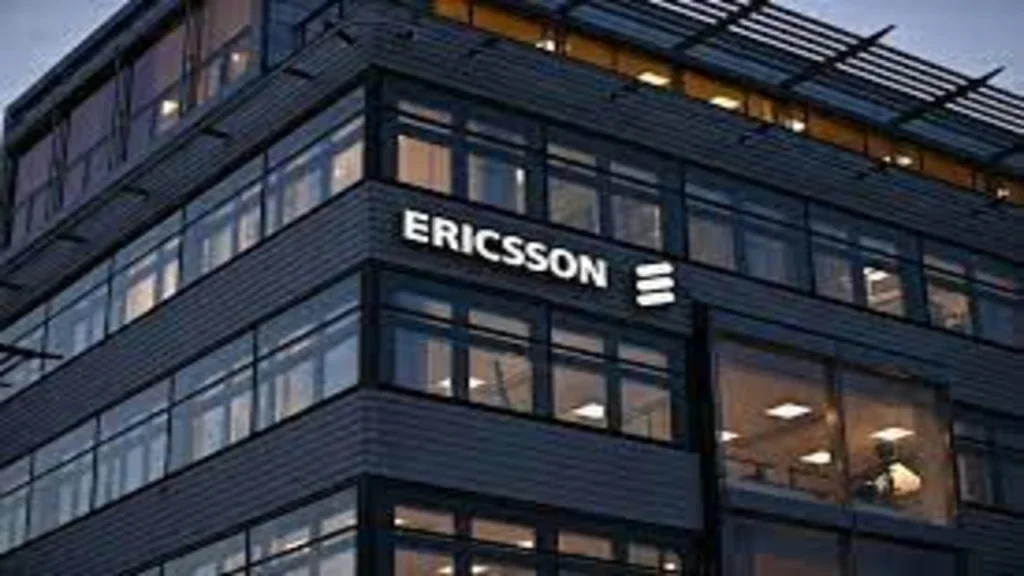• Ericsson partners with African operators to launch Aduna, a neutral platform focused on network sharing and operations.
• The venture seeks to improve infrastructure performance while reducing duplication across multiple operators in the region.
What happened: Joint RAN platform to serve sub-Saharan Africa
Ericsson has finalized the launch of Aduna, a new joint venture focused on shared telecom infrastructure across sub-Saharan Africa. The Sweden-based firm is collaborating with MTN Group, Orange Middle East and Africa, and e& to form a “neutral platform company” based in Côte d’Ivoire. The company will operate independently and is designed to manage multi-operator radio access networks (RAN), including design, procurement, deployment and optimisation of network assets.
Aduna is backed by four of the region’s largest operators, together serving hundreds of millions of subscribers. Ericsson will not hold a controlling interest but will provide technical support and infrastructure expertise. The partners say the venture aims to expand coverage and improve cost-efficiency by consolidating overlapping infrastructure in areas where individual operators currently compete. According to Ericsson’s announcement, Aduna is expected to begin operations later in 2025, subject to regulatory approvals.
Also read: Ericsson deploys intelligent carrier aggregation on Telstra
Also read: Ericsson returns to profit as licensing savings lift margins
Why it’s important
The Aduna joint venture reflects a growing trend in telecom consolidation, where network infrastructure is increasingly seen as a shared utility rather than a competitive asset. In markets such as sub-Saharan Africa, where coverage gaps and high deployment costs remain common, the joint approach could help operators reach unserved or under-served regions. Shared RAN models have already been adopted in parts of Europe and Asia, with results showing both capital expenditure savings and faster rollouts.
The involvement of major players like MTN and Orange adds weight to the project, while Ericsson’s limited equity role suggests the company is shifting from ownership to service enablement. However, concerns remain about competition, spectrum management, and accountability in a multi-tenant setup. As the region’s telecom sector evolves, infrastructure sharing may determine how quickly 4G and 5G services become available outside urban hubs. By removing duplication, ventures like Aduna may alter how telcos invest and compete across emerging markets.

